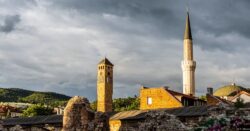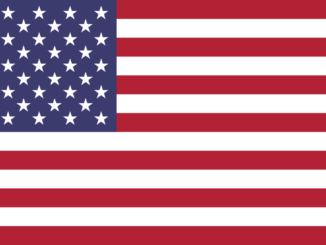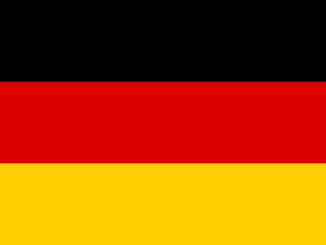 (Deutsche Welle) The Islam practiced in Bosnia-Herzegovina and the Sandzak region in southwestern Serbia is considered open-minded and tolerant. For centuries, Sunni Muslims have lived their own form of a European Islam here alongside Christians and Jews.
(Deutsche Welle) The Islam practiced in Bosnia-Herzegovina and the Sandzak region in southwestern Serbia is considered open-minded and tolerant. For centuries, Sunni Muslims have lived their own form of a European Islam here alongside Christians and Jews.
Since the 1990s, however, this Islam has come under repeated pressure from external influences.
A crossbow attack on a Serbian police officer guarding the Israeli Embassy in Belgrade on June 29 is now raising fears that a new wave of radicalization could be on the horizon.
How the Bosnian War changed Islam in the region
Before the Bosnian War (1992–1995), there were no Salafis or Wahhabis in the Balkans, says Vedran Dzihic of the Austrian Institute for International Affairs in Vienna. “Their roots are not in the Balkans,” he said.



